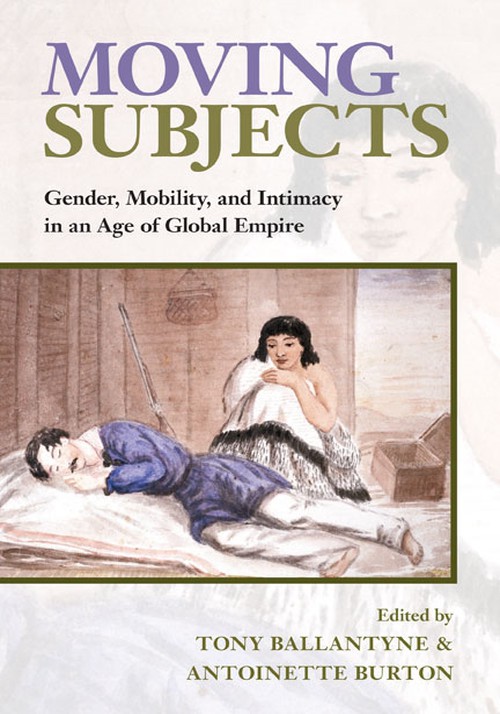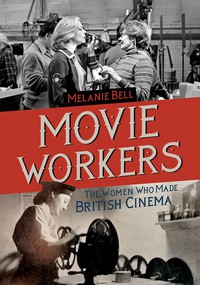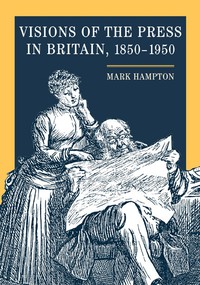
Moving Subjects
About the Book
Moving Subjects is the first of its kind to make a case not simply for the necessity of a spatial analysis of imperial formations, but for the indispensability of an investigative approach that links space and movement with the domain of the intimate. Through a combination of careful archival research and a commitment to excavating the variety of "mobile intimacies" at the heart of imperial power, its agents, and its interlocutors, this volume offers new evidence and approaches for scholars engaged in capturing the historical nuances of imperial domination. The book’s contributors investigate how intimacy was constructed across the restless world of empire, a world that depended on the circulation of capital and commodities; the exchange of systems of governance and surveillance; and the movement of laborers, slaves, soldiers, and settlers.Contributors are Tony Ballantyne, Antoinette Burton, Adrian Carton, David Haines, Katherine Ellinghaus, Charlotte Macdonald, Michael A. McDonnell, Kirsten McKenzie, Michelle T. Moran, Fiona Paisley, Adele Perry, Dana Rabin, Christine M. Skwiot, Rachel Standfield, Frances Steel, Elizabeth Vibert, and Kerry Wynn.
About the Author
Tony Ballantyne is an associate professor of history and international studies at Washington University, St Louis, and the author of Between Colonialism and Diaspora: Sikh Cultural Formations in an Imperial World. Antoinette Burton holds the Bastian Chair in Global and Transnational Studies at the University of Illinois at Urbana-Champaign and is the author of The Postcolonial Careers of Santha Rama Rau.Reviews
"Compelling."--The Journal of American History"A valuable collection that contains much fascinating material and many valuable conceptual insights."--Victorian Studies
Blurbs
“Moving Subjects makes a significant contribution to some lively areas of historical scholarship, conceptualizing them in new ways: the history of the body, the history of sexuality, the ‘new imperial’ history, the history of settler societies, and the intersections of race, gender, and class in all of these."--Ann Curthoys, coeditor of Connected Worlds: History in Transnational Perspective
“These essays are among the very best out there. Taking on larger understandings of empire and colonialism, the authors offer important and unique insights into how one might interrogate old subjects in new ways and, more important, how we might reconstitute those old subjects to better understand the workings of the past.”--Damon Salesa, associate professor of history, University of Michigan








